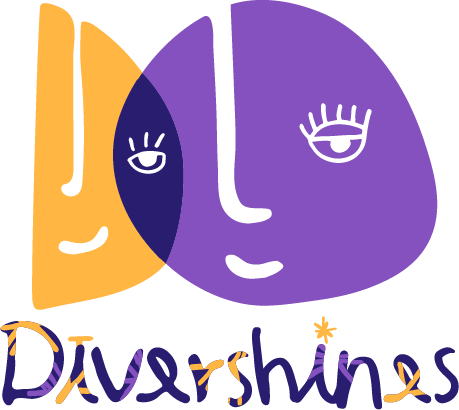The Danger of Toxic Positivity and Its Impact on Autism

Toxic positivity is imposing a falsely positive attitude where we tend to silence our so-called “negative emotions” with a continuous state of happiness and optimism, regardless of the situation.
Many specialists agree that the problem with toxic positivity is that it leads to a state of denial or invalidation of valid and necessary emotions such as sadness, frustration, or anxiety, among others that, as humans, we cannot ignore or stop experiencing, especially when talking about autism.
But what do we mean when we talk about the danger of toxic positivity for people with autism? Often, this excess of optimism can lead us to invalidate the reality of people on the spectrum, demanding that they hide or ignore their difficulties and needs under the motto “let’s do it.” Autism entails a series of challenges and particularities that require attention and understanding, not the imposition of a forcibly positive attitude.
Negative Consequences of Toxic Positivity on Autism
- Hindering access to necessary supports and adaptations: many neurodivergent individuals or parents of children on the spectrum, under the false belief in the power of the mind, may downplay the importance of therapeutic support and environmental adaptations. It is important to maintain a positive attitude but also to educate ourselves and understand that progress comes through discipline, persistence, preparation, and consistency.
- Blaming autistic individuals for not being “positive enough”: listening, accepting, and supporting are fundamental to helping people with autism.
- Increasing feelings of isolation and lack of validation of their experiences: if other emotions are continually invalidated, masking them with excessive positivity, neurodivergent individuals might feel isolated and misunderstood.
- Generating more stress and exhaustion by having to maintain a constant positive facade: common fatigue caused by misunderstanding can likely increase masking. In our article titled “Masking and Autism”, you can understand the negative consequences of camouflage in autism.

What to Do to Avoid Falling into Toxic Positivity
- Allow yourself to feel your feelings: put aside the erroneous tendency not to face painful feelings; this is a harmful practice with consequences that could affect your mental health.
- Clarify your needs: embrace a more realistic and compassionate perspective on autism, recognizing the challenges and strengths of each individual. This will allow for genuine support tailored to each person on the spectrum.
- Acknowledge when you are wrong: acting without empathy could be the result of excess optimism. Listening and accepting people is a good start to providing the support they need.
At Divershines, we aim to provide a positive yet conscious view of autism, showcasing talent beyond the condition while providing resources to help users manage the inherent challenges of autism.
Frequently asqued questions
It is an attitude that forces people to maintain an appearance of constant happiness and optimism, without allowing the expression of negative emotions or difficulties.
The term "toxic positivism" was popularized by psychologist and author Dr. Jaime Zuckerman.
Toxic positivity can make it difficult for autistic people to access the supports they need, blame them for not being positive enough, and increase their isolation and stress by having to maintain a constant positive facade.
A more realistic and compassionate perspective must be adopted that recognizes both the challenges and strengths of autistic people, and offers genuine support tailored to their needs.
References
- The Autism Café https://theautismcafe.com/toxic-positivity-and-autism/
- Overland Literary Journal https://overland.org.au/2023/04/toxic-positivity-and-exclusion-in-the-autistic-community/
- Asperger para Asperger https://www.aspergerparaasperger.org/blog/optimismo-en-el-autismo/


